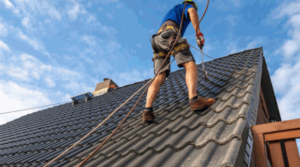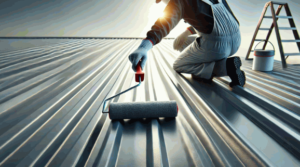Achieve the right mindset
Senior people tend to have a hard time dealing with the thought of decluttering (not to mention the actual act) and they are prone to getting distressed about it.
You see, the things we think of as general clutter may have a great value for them – they’ve been storing and saving them for years and usually have precious memories connected to those belongings.
Our goal is not to devalue their memories but rather to relieve the pressure that comes with keeping and maintaining excess stuff.
It’ll be of great help if you could get to chat with them, give them a chance tell the stories connected to the belongings in question and help them transit to a better mindset about the decluttering process.
Instead of “getting rid” of things, try to describe (and do) the process as to “giving the possessions away to people in need” – this act of helping other people will, in turn, help your elderly loved ones to free from the guilt that comes when decluttering.
Areas to keep an eye for
- Expired goods in the kitchen cabinets
- Unreachable items on top shelves
- Cluttered high-traffic areas
- Difficult to reach storage areas
- Cluttered medicine cabinet or vanity
- Overflowing bookshelves
Those areas are the most problematic for elderly people and will need your attention. Your goal is to make them comfortable and easy to use for your loved ones.
It’s important to remember that your parents/grandparents are the authority in the house, so you should not take over and say what to go where.
Instead, try to discuss everything you plan on doing and get their permission – you can always turn to logic when reasoning with them.
Light & Clutter
- Add light to dark areas and remove clutter from staircases – seniors are more prone to injuries and staircases can be particularly risky.
- Minimise the chance of unpleasant accidents by clearing out all the clutter and installing additional lighting.
- While you’re at it, test if the stairs are slippery and if needed, change the floor coverings with suitable ones that have a non-slippery surface.
Professional packers note on efficiency, home storage and organasing packing.
Organise important documents and papers
Things like passports, life insurances, bills, medical documents and such should be held in different folders organised by category.
It’s best if you store all of these in a single box or another suitable place to avoid confusion and minimise the chance of losing something important.



